Hello! In this article we bring some RPG systems so that you can gather your friends and explore the imagination, in any world, in any time and with any character. Just, of course, use and abuse your imagination in your adventures!
The systems serve to guide the way in which the game will be conducted, which rules will be followed, the data and how they will be used, the information on the sheet, among other aspects that the game itself may have. There are many systems nowadays, as each new game can not only create its own peculiarities and use an existing system, but create an entirely new rules system, and players need to know at least the basics and then learn the more complex and new ones.
When starting in RPG, every player must choose which system, and everyone who will participate must be in accordance with the chosen one, follow step by step the character creation sequence and the way to progress in the adventure and evolve your character.
For you to familiarize yourself with the systems, we have brought some simpler ones for you to choose the one that best suits your group's style.
3D&T
This system can be considered the gateway for Brazilians today, but it is not because it is a little simpler system which has fewer requirements, but because it is totally built in Brazilian Portuguese, developed by Dragão Brasil magazine in the 90s. It's great for those who are starting, it only needs some 6-sided dice, and can set any type of adventure in this system, as it is very permissive.
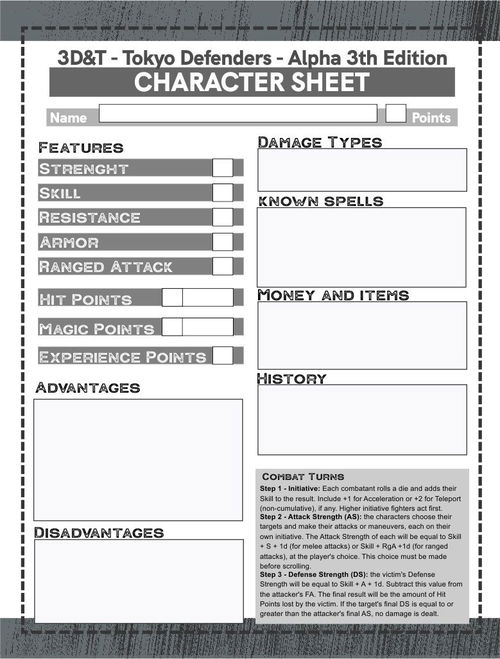
How does this system work?
As we said, its level is basic and uses only D6 to play, which are for damage and other attributes.
For example, in combat, the attacker rolls the die and adds the result to certain characteristics and other abilities of the character, altered by the attack advantages or disadvantages, such as sword, weight of armor, shield, vision hidden by the helmet, among others. The defender does the same thing, but with their defensive characteristics, abilities and advantages. The difference between the final attack and defense results determines the damage to be dealt.
There is also control over some actions the character will take, and the die also needs to be rolled to determine whether there was a success or failure in taking that action.
Remember that today it is easier to find 3D&T like Tormenta, and this is not the first, but the third edition, which is more developed; its first was D&T created in 1994. Since then, it has evolved a lot, but still keeps its essence simple to conquer new players.
RPG Quest
This one adopts a different system from the one we saw earlier. It uses the features of interpretive RPG with board game elements, with tokens, a board, dice, and other accessories.
Released in 2005, it has several books, which explain everything from how to build your dungeon, how to develop a well-structured combat, battle of armies, and even an edition similar to the WAR game.
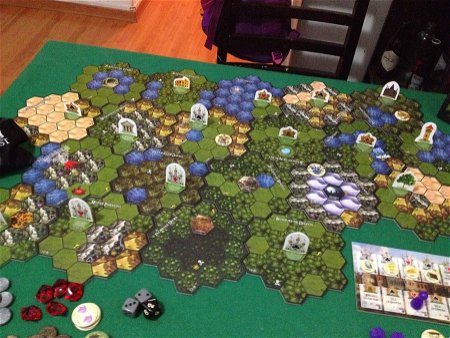
It's very simple to play, the board guides the characters during the adventures, miniatures take the place of characters and enemies that appear. They use two 6-sided dice added or subtracted to a modifier, then compared to a Test Value. If the sum of the two d6 + modifiers is equal to or greater than this pre-established Test value, which can be defined by the master or even by the rules themselves, the test result is a success. It can be applied to some important actions in the game, be it combats, battle actions or relevant moves.
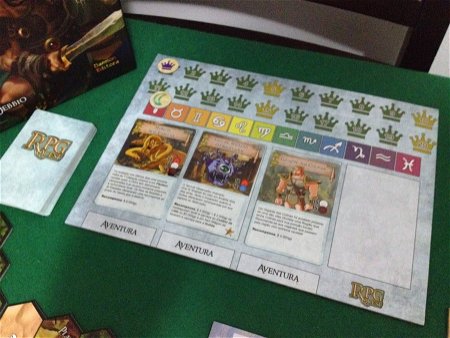
There is an entire multiverse to structure the game's story, with many plans and dimensions, and its applicability can be simpler to the imagination, being more fun for those who are not yet familiar with RPG; for those who have this intimacy, they can explore adventures with limits on the imagination, as is the principle of RPG.
Something that can be fun is using D&D or GURPS boards, which have already been released to illustrate some adventures, even old maps, or if there is an artist in the group, the map can be drawn, giving a personalized touch to your game.
Storyteller
This system is a little different from others, especially from RPG Quest, as it focuses on role-playing the players, actually living the characters. It's an American system that uses the d10 as its dice, just like the Brazilian system we've introduced here first, but with enactments of actions and battles.
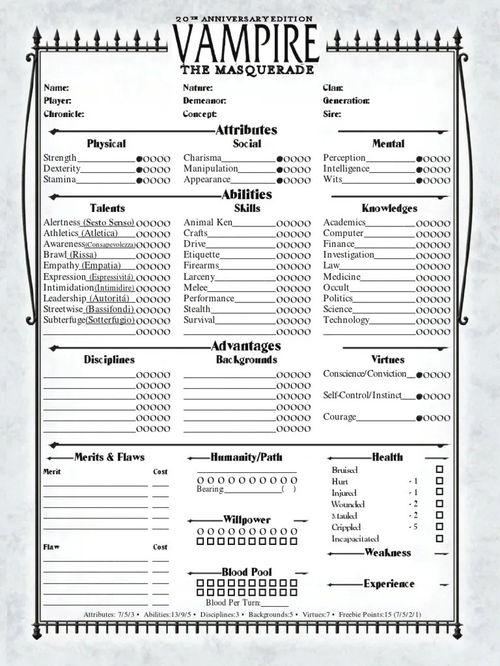
The best known game is the World of Darkness, which has as its derivatives Vampire: the Masquerade, Werewolf: the Apocalypse and Mage: the Ascension.
These were released in the 90s, then other versions came out including Mummies, demons, among others, but these three are the most popular around the world, in Brazil, Vampire: The Masquerade is the most popular.

Storyteller has a slightly different way of developing the game, and whoever drives it is not called a master, but a narrator. It is worth mentioning that it is not a live action (this mistake occurs) because they are different: the live actions are real game reenactments, with costumes, makeup, equipment and other accessories, and also require artistic interpretation. Storyteller, on the other hand, does not have this appeal, however it requires a lot of imagination from the player, in the tone of speech, changing the voice, demonstrating some movements made by the character or describing them very well.
d20
The d20 system is probably one of the most popular in the RPG world. It is a very complete system, which covers each stage of the game's development in a broad and differentiated way, from level evolution by experience in battle, difference in multipliers between enemies, always rolling different dices, and even important actions needs to be checked for success or not, using your skill and ability as a sum or multiplier.
Using the skills and abilities of each class and race as a baseline, the player rolls a d20 die, and there are 6 attributes that can modify the result, namely Strength, Dexterity, Constitution, Intelligence, Wisdom, and Charisma. If the result is greater than or equal to a target number (called a Difficulty Class or DC), the action is successful. If it's a combat, each enemy, monster or not, has different modifiers, and it's the DM who rolls his dice, to defend or try to deal damage.
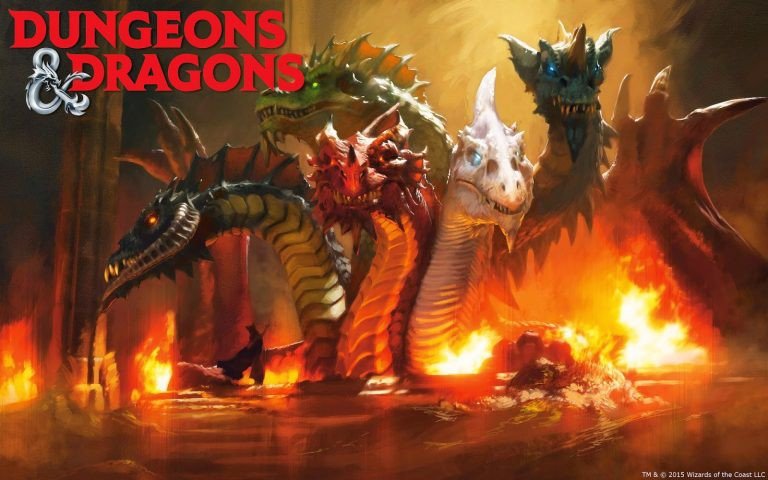
D&D was already using a very similar system in the 90s, however, with the release of the third edition in 2000 by Wizards of the Coast, there was a very expressive evolutionary leap in some parts of the game, making it more complete when compared to its other versions, and is so named because it uses the 20-sided die, d20, as its base die.
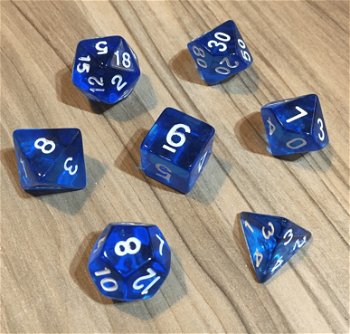
We've come to the end. These are the four most popular systems among players, whether beginners or experienced. The d20 is the most played.
I hope the reading was fruitful and that it left you wishing to your party and play some great adventures.
Thanks to everyone and until the next article!

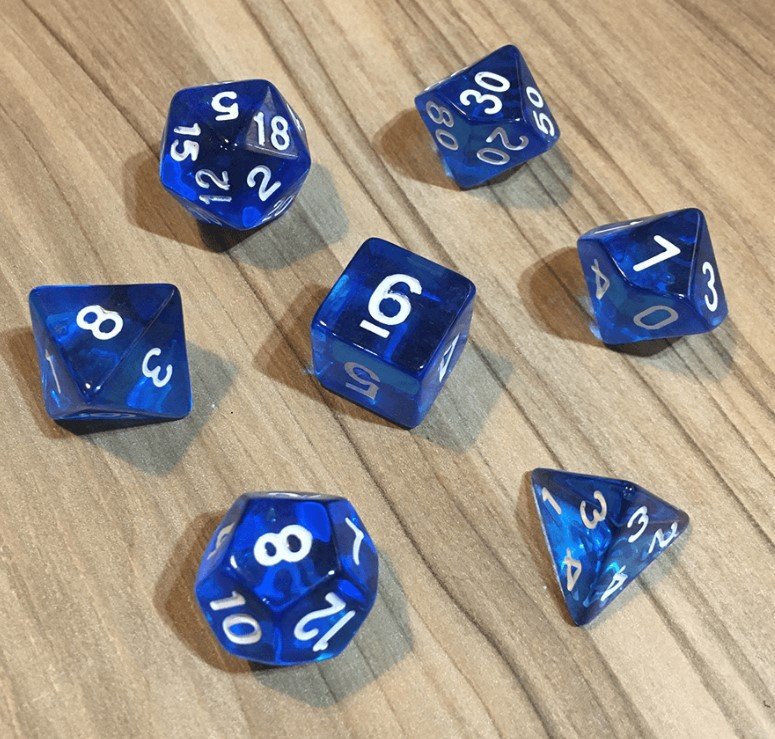








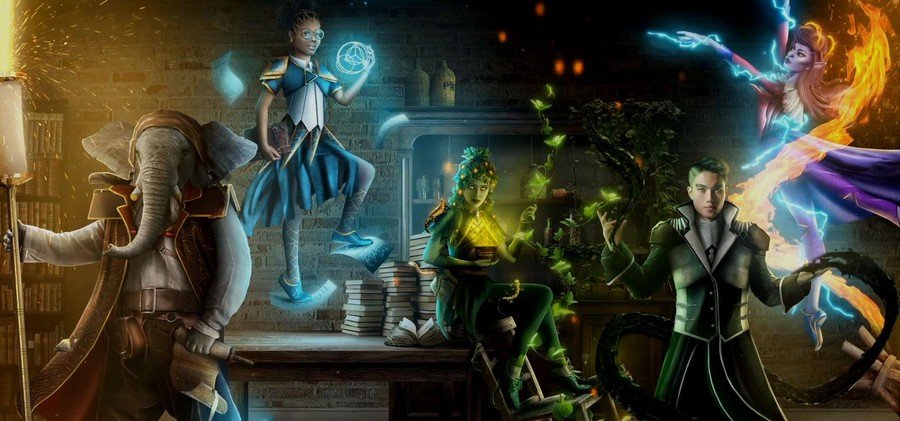



— コメント 0
, 反応 1
最初にコメントする